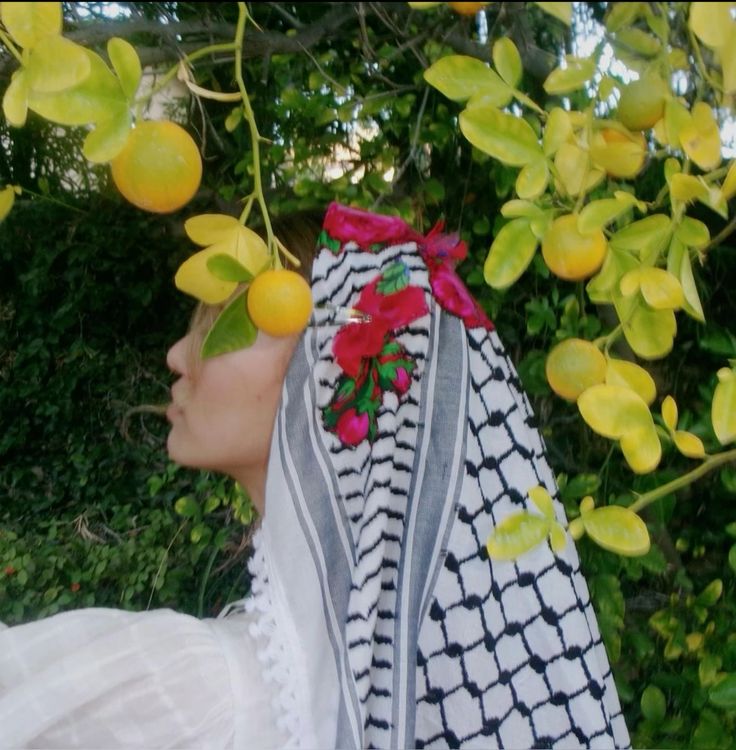In the heart of the Middle East, where the sun sets over ancient lands and vibrant cultures, lies Palestine – a nation whose history is as rich and diverse melting pot of people. Its origins to the early Canaanites around 3000 BCE. It became a crossroads of civilizations, influencing and being influenced by the great Abrahamic faiths: Judaism, Christianity, and Islam. Home to sacred sites like Jerusalem, it holds deep significance for Jews, Christians, and Muslims alike, shaping the region’s cultural and religious identity through millennia of diverse influences and interactions.
Palestinian culture is a mosaic of influences, shaped by centuries of interactions with Arab, Ottoman, and European civilizations. From the traditional dabke dance to the intricate embroidery of Palestinian dresses, every aspect of their culture tells a story of perseverance and identity. Palestinian cuisine, with its aromatic spices and rich flavours, mirrors the land’s agricultural abundance and the people’s love for their heritage. It is a testament to their ability to find joy and connection amidst adversity.
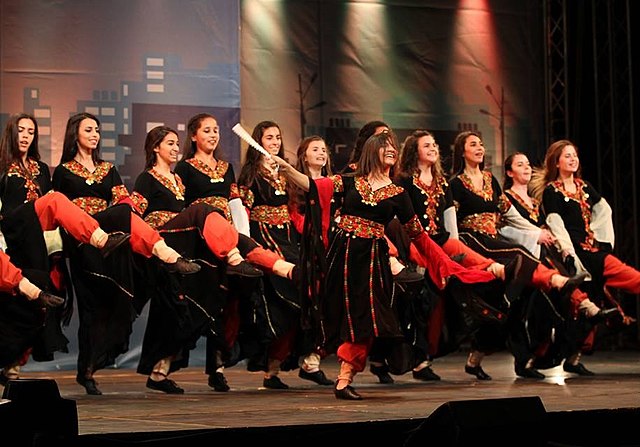
Religiously, Palestine is a sacred land for Muslims, Christians, and Jews alike. It houses some of the holiest sites in the world, including the Al-Aqsa Mosque in Jerusalem, the Church of the Nativity in Bethlehem, and the Western Wall in the Old City of Jerusalem. These sites are a testament to the religious diversity and tolerance that has historically characterized the region, where followers of different faiths coexist in harmony.
Amidst the cultural richness, however, Palestine has been marred by conflicts that have defined its modern history. The Israeli-Palestinian conflict, rooted in historical and political complexities, has resulted in immense human suffering and displacement. Generations of Palestinians have lived through wars, intifadas, and daily challenges that have tested their spirit and resolve. The conflict has not only claimed lives but has also eroded the social fabric, leaving scars that may take generations to heal.
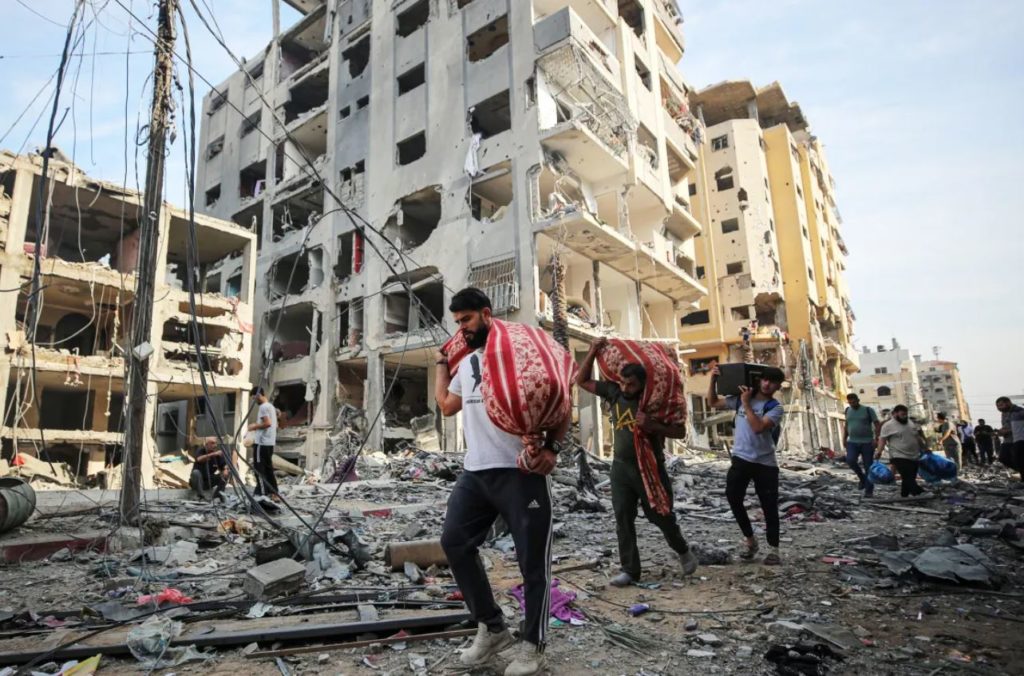
Over centuries, Palestine saw diverse rule, including the ancient Egyptians, Romans, and Ottomans. In the late 19th century, Zionist migration increased. Jews started moving to Palestine in significant numbers in the late 19th century, with increased migration driven by the Zionist movement’s ideals and the Balfour Declaration’s support in 1917, culminating in the establishment of the State of Israel in 1948. The Balfour Declaration, issued in 1917, was a statement by the British government expressing support for the establishment of a “national home for the Jewish people” in Palestine, then part of the Ottoman Empire, laying the groundwork for the eventual creation of the State of Israel.
It is important to establish that Zionism and Judaism are not the same. Judaism is a religious faith followed by Jews, encompassing their spiritual, ethical, and cultural beliefs. Zionism, on the other hand, is a political and nationalistic movement advocating for the establishment and preservation of a Jewish homeland, often associated with the modern State of Israel. While many Zionists are Jewish, not all Jews identify with or support the Zionist movement, and there are non-Jewish Zionists as well. The distinction lies in the religious and political aspects of Jewish identity and the aspirations for a homeland.

In 1947, the UN General Assembly approved the partition plan, which proposed dividing Palestine into separate Jewish and Arab states, with Jerusalem as an international city. While Jewish leaders accepted the plan, Arab leaders rejected it, leading to conflict. The plan’s implementation in 1948 resulted in the creation of Israel and the displacement of Palestinian Arabs, leading to a series of events that significantly impacted the region.
Following Israel’s declaration of independence on May 14, 1948, neighbouring Arab states, including Egypt, Jordan, Syria, and Iraq, intervened in what became the first Arab-Israeli war. The event is also known as The Nakba, meaning “catastrophe” in Arabic. The conflict led to the displacement of hundreds of thousands of Palestinians, creating a large refugee population. Armistice agreements in 1949 resulted in Israel’s control over a significant portion of the territory, including parts of what was supposed to be the Palestinian state according to the UN partition plan. The situation laid the foundation for the Israeli-Palestinian conflict, with long-lasting consequences for both Israelis and Palestinians, shaping the geopolitical landscape of the region.
One of the most pressing issues faced by Palestinians today is the system of apartheid, which has been widely condemned by the international community. Palestinians are subjected to discriminatory policies and practices that limit their access to resources, education, and healthcare. This systematic oppression perpetuates a cycle of poverty and despair, making it even more challenging for Palestinians to build a better future for themselves and their children. The struggle against apartheid is a fight for dignity, equality, and justice – principles that are at the core of the Palestinian identity.
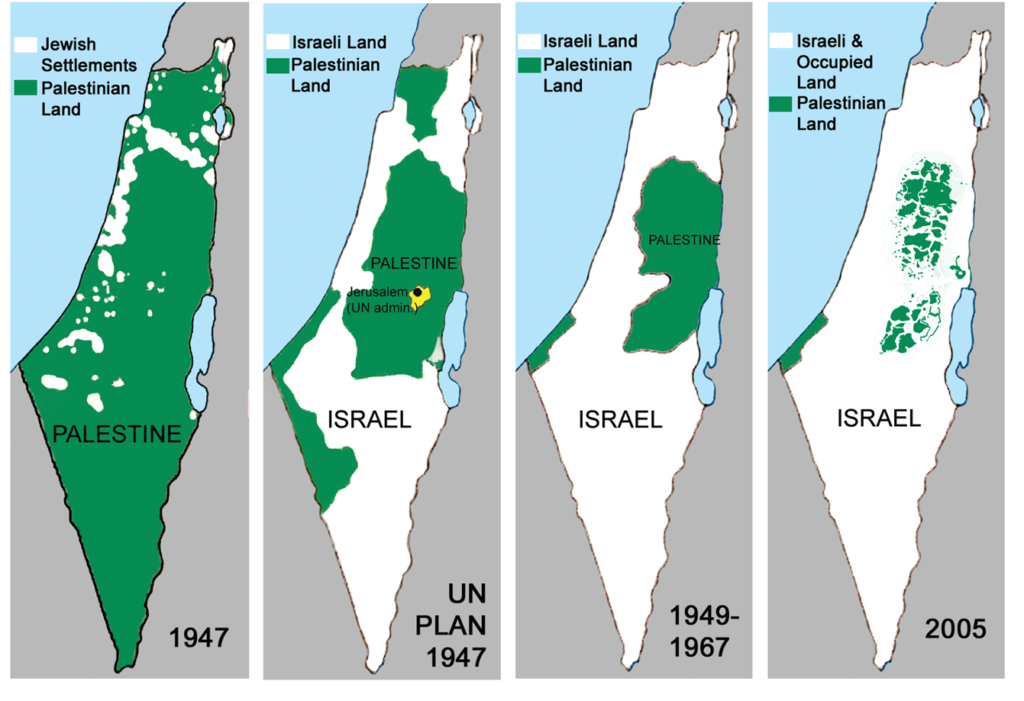
In the intricate mosaic of the Israeli-Palestinian conflict, one glaring aspect stands out: Israel’s control over Palestinian territories and the accusations of war crimes that have ensued. The ongoing occupation of Palestinian lands, notably in the West Bank and Gaza Strip, has given rise to contentious settlements and a blockade that has severely impacted the lives of Palestinians. Israel’s policies have faced international condemnation, particularly concerning the disproportionate use of force during military operations. The 2014 Gaza conflict, marked by civilian casualties and destruction, drew global attention, raising questions about the ethics of warfare.
The Israel Defense Forces (IDF) is often regarded as one of the world’s most powerful and technologically advanced military forces, particularly considering the size and resources of the country. However, the ranking of “top army” can vary based on the criteria used, such as technology, manpower, or overall military capability, making it challenging to make definitive comparisons. Hamas, which emerged in 1987 during the First Intifada, strives for Palestinian self-determination and is governed by a mix of Palestinian nationalism and Islamism. Its charter calls for an Islamic state in historic Palestine and rejects compromises with Israel. Emphasising proportionate response, protecting civilians, humane treatment of prisoners, and adherence to moral principles during conflicts. Hamas also functions as a political entity, winning the 2006 Palestinian legislative elections and subsequently taking control of the Gaza Strip.
Palestinians face restrictions on their rights due to the Israeli occupation, impacting freedom of movement, access to resources, and political self-determination, leading to ongoing human rights concerns.
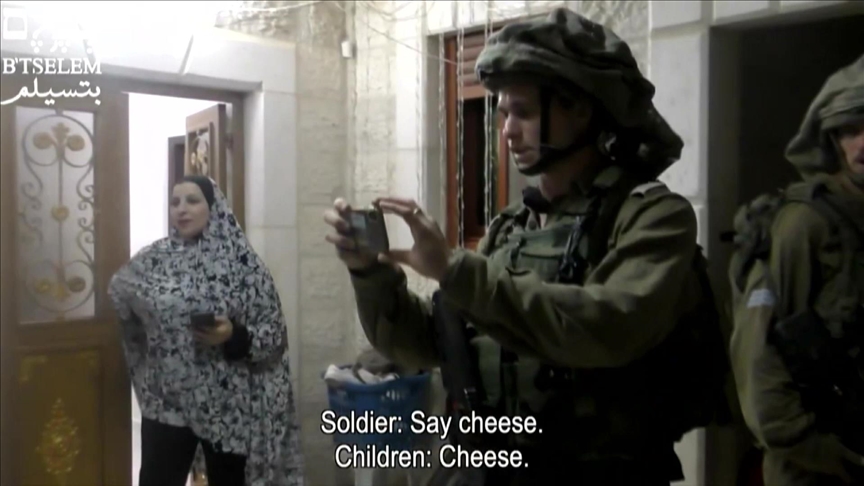
The contentious use of administrative detention and the forceful response to protests by the Israeli government have added fuel to the fire. Accusations of war crimes have created a deep rift, amplifying the humanitarian crisis and fostering a sense of injustice among Palestinians. Addressing these allegations, ensuring transparent investigations, and promoting a peaceful resolution are imperative steps toward fostering lasting peace in the region. It is crucial for the international community to engage in constructive dialogue, uphold human rights, and work tirelessly towards a just and equitable resolution to this longstanding conflict.
Despite the challenges, Palestinians have shown remarkable resilience and determination. They continue to cherish their cultural heritage, celebrate their traditions, and educate their youth about the importance of their history. Palestinian artists, writers, and activists have amplified their voices on the global stage, shedding light on their plight and inspiring solidarity across borders. The resilience of the Palestinian people is a testament to the power of the human spirit in the face of adversity.

In the midst of conflict and adversity, Palestine is also home to breathtaking landmarks that stand as a testament to its rich history. The ancient city of Jericho, believed to be one of the oldest inhabited cities in the world, boasts archaeological sites that date back thousands of years. The coastal city of Gaza, with its picturesque beaches and historic sites, is a reminder of the region’s significance in ancient trade routes. The serene beauty of the Dead Sea, a natural wonder with healing properties, has been a source of solace for generations.
Palestine is enriched with culture, faith, and resilience despite conflict. A story of a people who have faced immense challenges but have refused to be defined by them. The world must recognize the importance of preserving Palestinian culture, protecting religious sites, and supporting the Palestinian struggle for justice and equality. Only through understanding, empathy, and solidarity can we hope to contribute to a future where Palestinians can live in peace and prosperity, embracing their cultural heritage while building a better tomorrow for generations to come.
Featured Image: “Children of Shatila” (Lebanon, 1998) film by Mai Masri. interview with a Palestinian elder by youth. “what would you say to the new Palestinian generation?” “i would like to say that, in one or a hundred generations, when i and others are dead, Palestine must never be forgotten. promise me that.”

